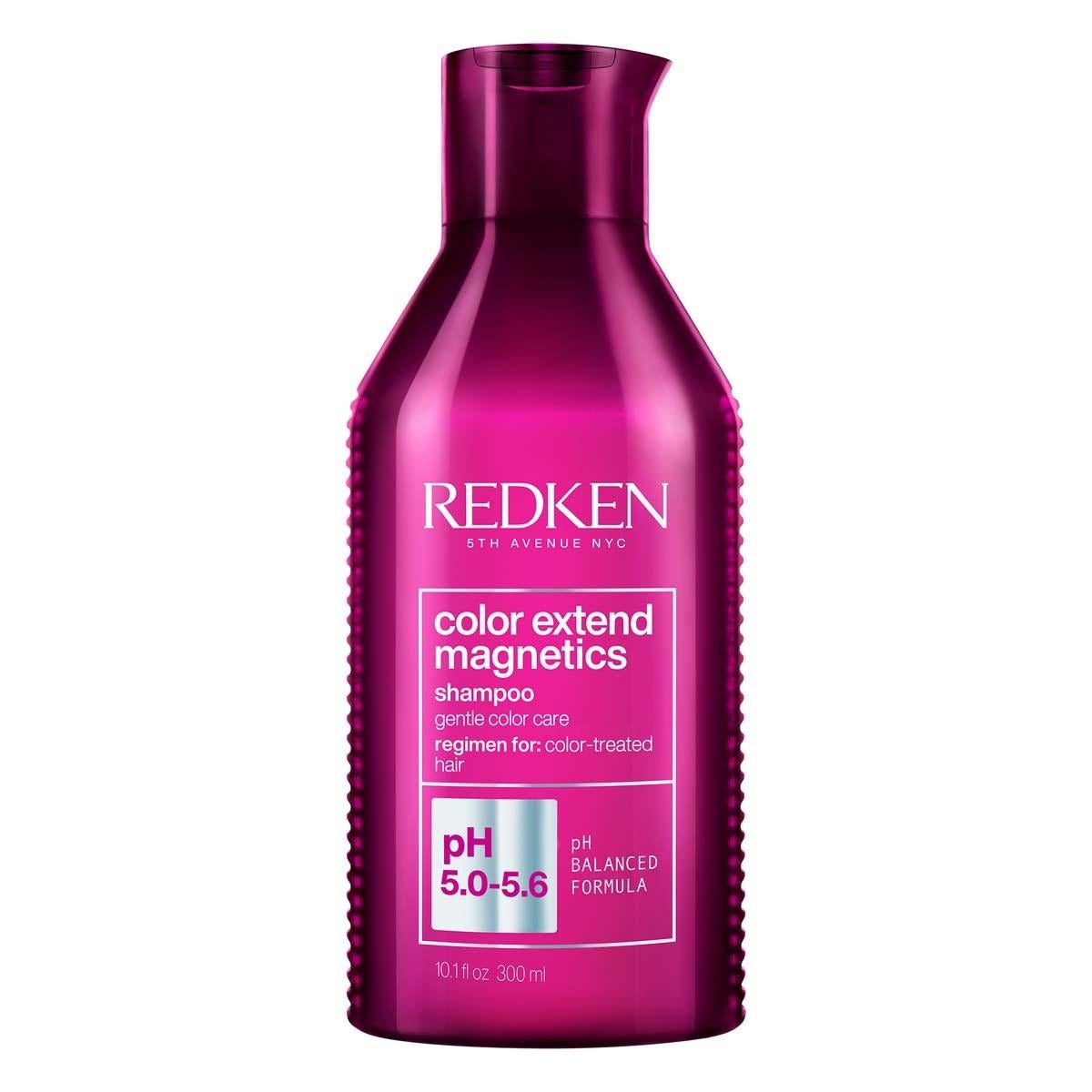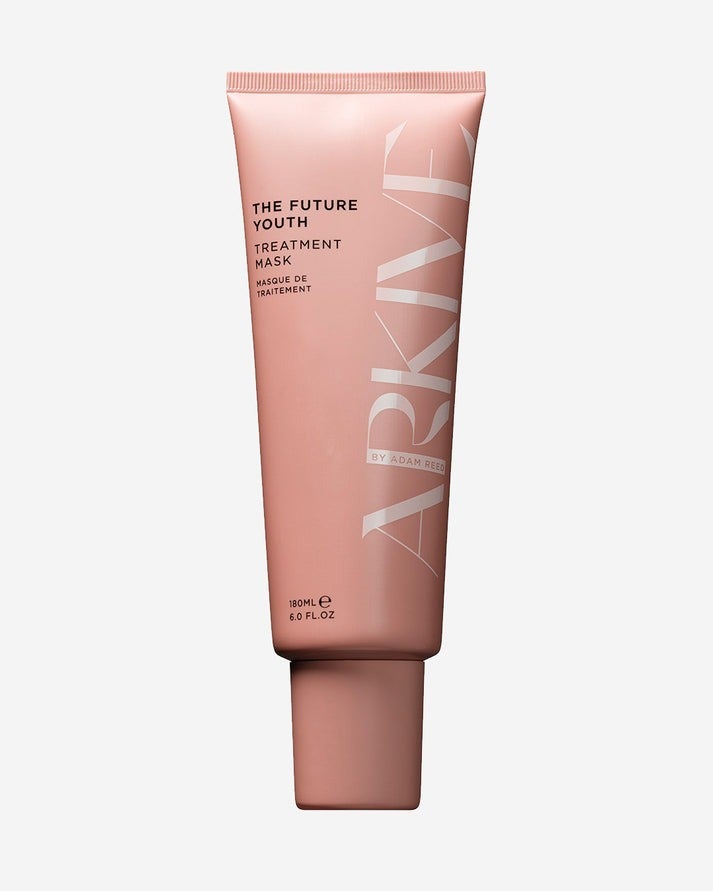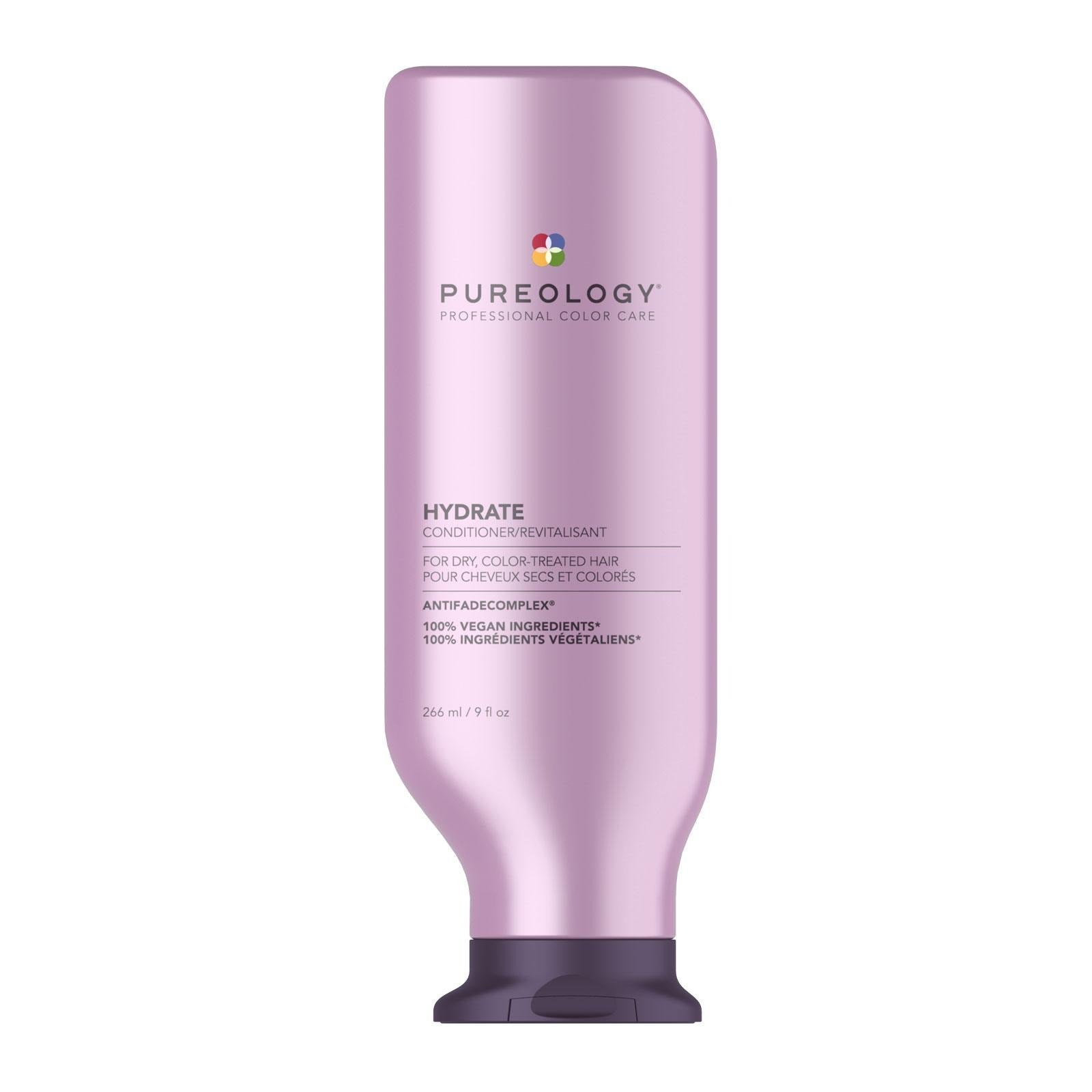It’s a tale as old as time: The moment the sun is high in the sky, we want our hair to look suitably sun-kissed. It could be something minimal like the trending 'Scandi hairline' trick (a bleaching technique that brightens the baby hairs around the face) or something like 'glow lights' (varying tones of blonde that add a natural luminescence to the hair). Whatever you land on, the association between warmer weather and lighter lengths remains steadfast.
If you’re like me, though, and you’ve spent the past few months mixing it up with darker or more coppery colours, the mission to blonde can feel near impossible. Thankfully, this summer’s trending shade does away with the hard-won tones of platinum past. Instead it’s all about warm, buttery blonde hues. Seen on the likes of longtime hair inspiration Matilda Djerf, Olivia Dayton and, more recently, Margot Robbie in Barbie, buttery blonde (also often referred to as 'butterscotch blonde') makes hair look bright and beachy. I liken it to a creamy block of butter slathered onto a freshly baked croissant.
AdvertisementADVERTISEMENT
Buttery blonde shades have long been trending on Google and various TikTok transformation videos I've come across recently have gained millions of views. So I decided that it was time to embark on a colour journey of my own. Here's all the intel on what it takes to go butter blonde for late summer.
What is the butter blonde hair colour trend?
Butter blonde sits somewhere between a yellow '90s blonde (think: Pamela Anderson and Baby Spice) and something creamier to give it a soft-focus finish. This is what hauls it into 2023. Rather than harsh, icy tones, this look leans more into a sandy colour without tipping over into darker, honey-like shades that typically trend in the autumn months.
How do you achieve butter blonde?
Like all hair transformations, the history of your hair will impact how it can be lifted so it’s important to speak to a colourist about what is possible before diving in. Natural brunettes can certainly achieve a butter blonde shade over time but if you have dyed your hair a darker colour, it’s important to let it fade as much as possible before bleaching, just to avoid any damage. I was advised to use Redken Hair Cleansing Cream Shampoo, £22.80, for a few weeks prior to my appointment to get rid of as much copper colour buildup as possible.
Once you’re working with less of a colour-saturated canvas, you can go in with the bleach. I went to Live True London, where senior hairstylist Glenesa Mallett recommended both a scalp bleach and what Glenesa called a "back to back" balayage technique (essentially freehand colouring) to achieve the perfect overall buttery blonde look. "In this situation, we want all the shades in the hair to be light," Glenesa told me. "It's best to apply bleach to the mid-lengths and ends in a brushlike way to create a seamless blend. As this is a warmer look, a lower level bleach can be used if you already have light hair."
AdvertisementADVERTISEMENT
Traditional balayage involves a handful of natural shades going through the hair but I wanted more brightness around the face for a framing effect, so Glenesa placed the bleach higher up to create a more uniform blonde tone. The process itself meant locking in for the long haul — over five hours in the salon chair. Working from the back to the front, Glenesa took small sections of hair and painted on the bleach. These pieces of hair were then folded into foils. No hair was left uncoloured. The Tin Man-esque look was certainly heavy, which made the shampooing that little bit sweeter. Glenesa washed my hair with a cleansing shampoo, then created a 'root smudge' using a darker shade of dye concentrated to my roots, which would lend my hair a more natural appearance.
Once the root smudge had taken successfully, Glenesa reached for Redken Shades EQ Hair Gloss (a semi-permanent conditioning colour) to correct any unwanted tones and to reach the desired buttery blonde. Available in salons up and down the country, a gloss like this also helps add shine to the hair. Once back in the styling chair, I decided that adding some subtle layers would give the colour more dimension. "Some nicely shaped, shorter layers framing the face and potentially longer layers running through the back give [hair] a little bit more movement," confirmed Glenesa. But buttery blonde tones look great on any length of hair, particularly short hair, as proven here by award-winning afro and textured hair specialist Michelle Thompson.
AdvertisementADVERTISEMENT
What is the best way to take care of butter blonde hair?
The sheer difference between my faded copper and my new golden mane was a shock to say the least, but it gave me immediate Barbie vibes. It also went down well with the revellers outside Live True's Soho salon. Someone even shouted "The hair!" as I walked down the street.
One main reason why people stay away from blonde hair is the thought of regular top-ups but blonde life doesn’t have to be such a chore (nor so expensive) if you know how to take good care of your lengths at home. Glenesa confirms just how important it is to keep bleached hair quenched. "When your hair is bleached it’s easier to experience dryness. Bleach normally takes out around 50% of the moisture that is in the hair."
Moisture-rich products are key. "You’re going to need a hydrating shampoo plus a colour-safe shampoo like Redken Colour Extend Magnetics Shampoo, £20.90," said Glenesa. Experts recommend alternating the two. "You can also use Pureology Hydrate Shampoo, £23.80, and Conditioner, £27.80, which are both really nourishing." (That's all down to vitamin E, shea butter and various plant-based oils.)
How do you maintain butter blonde hair?
"As time goes on you can go back into the salon for a toning treatment to freshen up the colour and extend the longevity," Glenesa told me. "It’s also important to do some mask treatments like FUL Intense Moisture Hair Mask, £32, which is very soft and super light on the hair. You can use something like Olaplex No. 3 Hair Perfector, £28, at home around every two weeks to keep the blonde bright and healthy, too."
AdvertisementADVERTISEMENT
When it does come to refreshing your colour, the frequency of your touch-ups is down to personal preference. Glenesa told me that I might start to see some regrowth at the roots after around eight weeks. How much you want to see before you feel like you need a refresh is entirely up to you. As with all things hair-related, it’s whatever butters your biscuit.
At Refinery29, we’re here to help you navigate this overwhelming world of stuff. All of our market picks are independently selected and curated by the editorial team. If you buy something we link to on our site, Refinery29 may earn commission.
AdvertisementADVERTISEMENT









